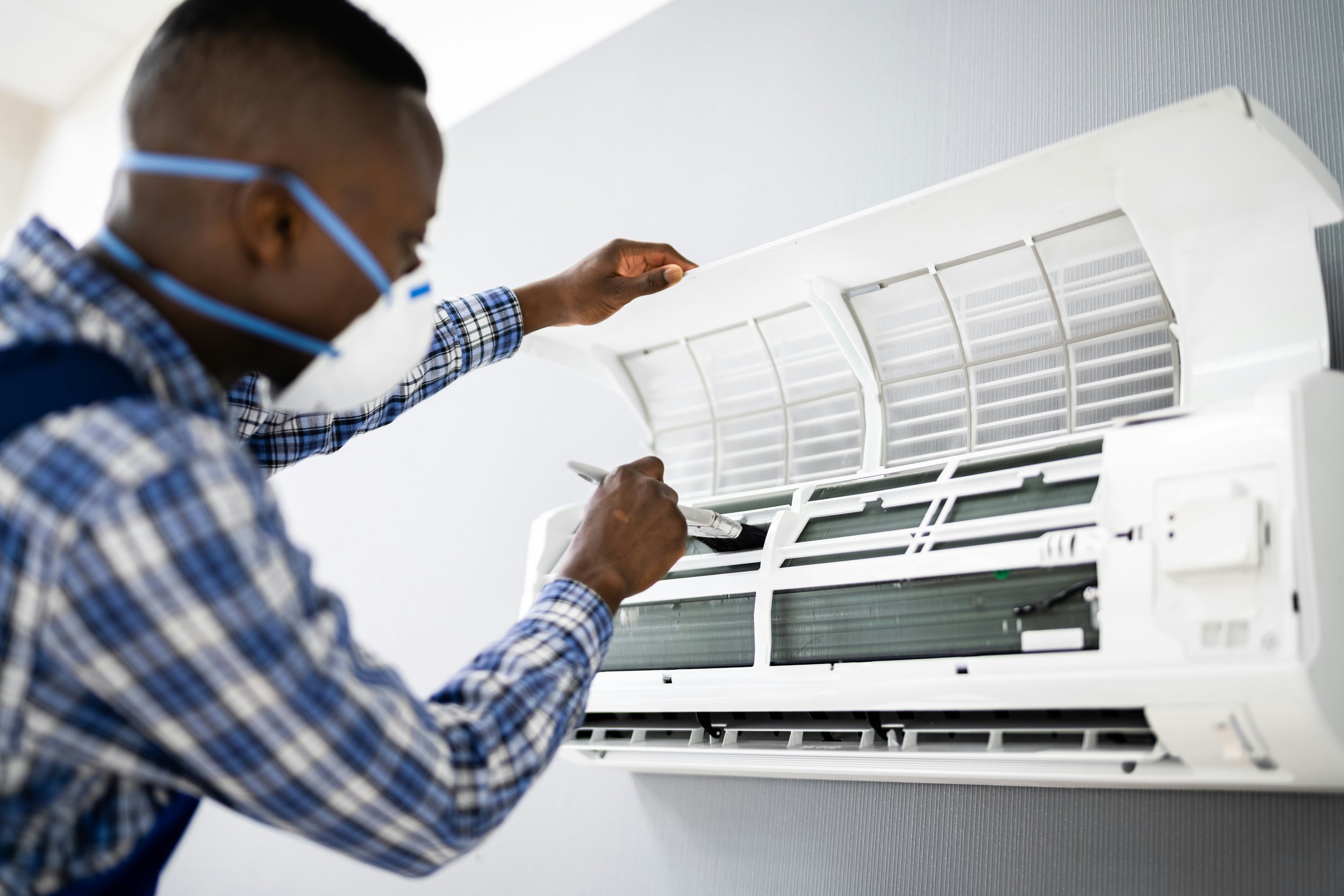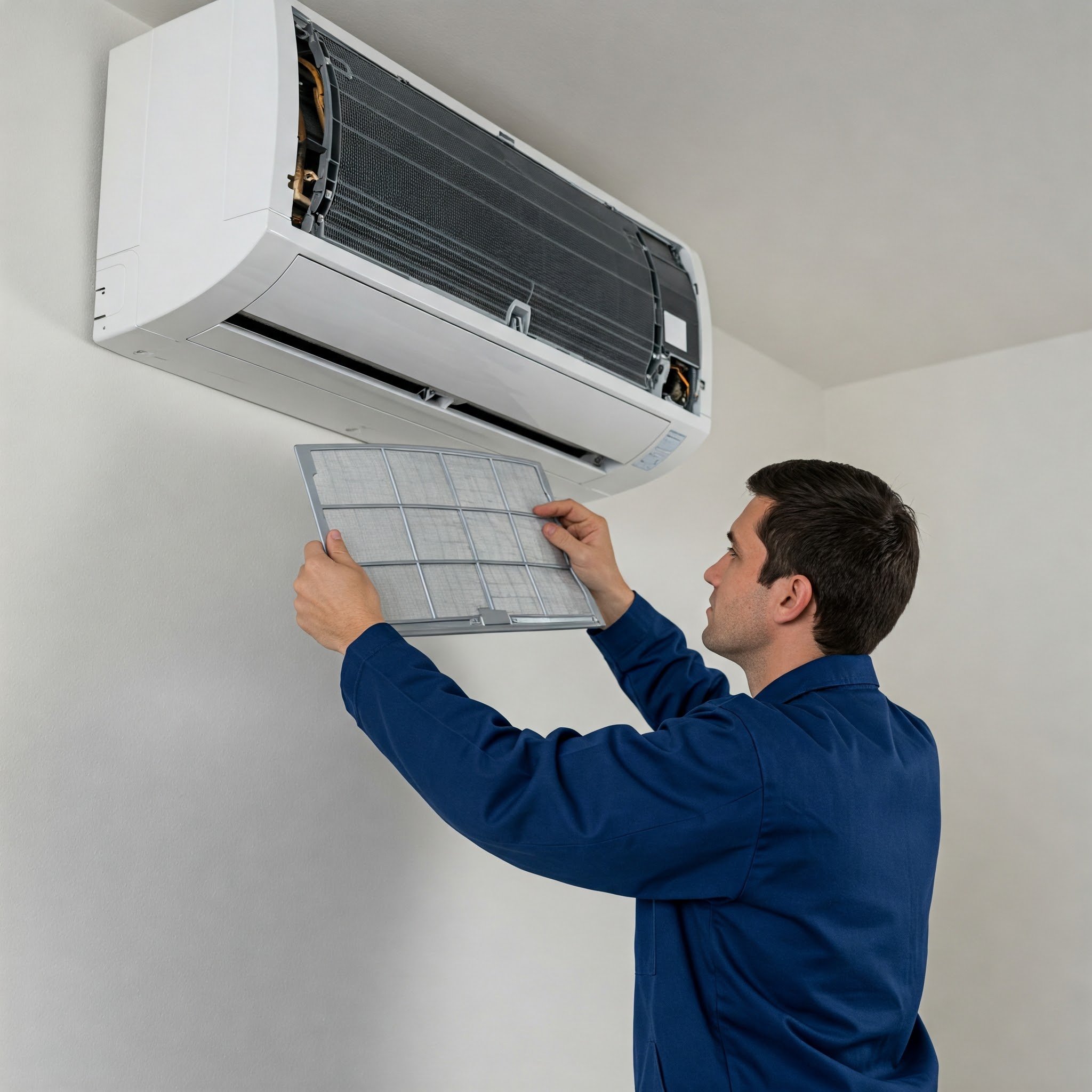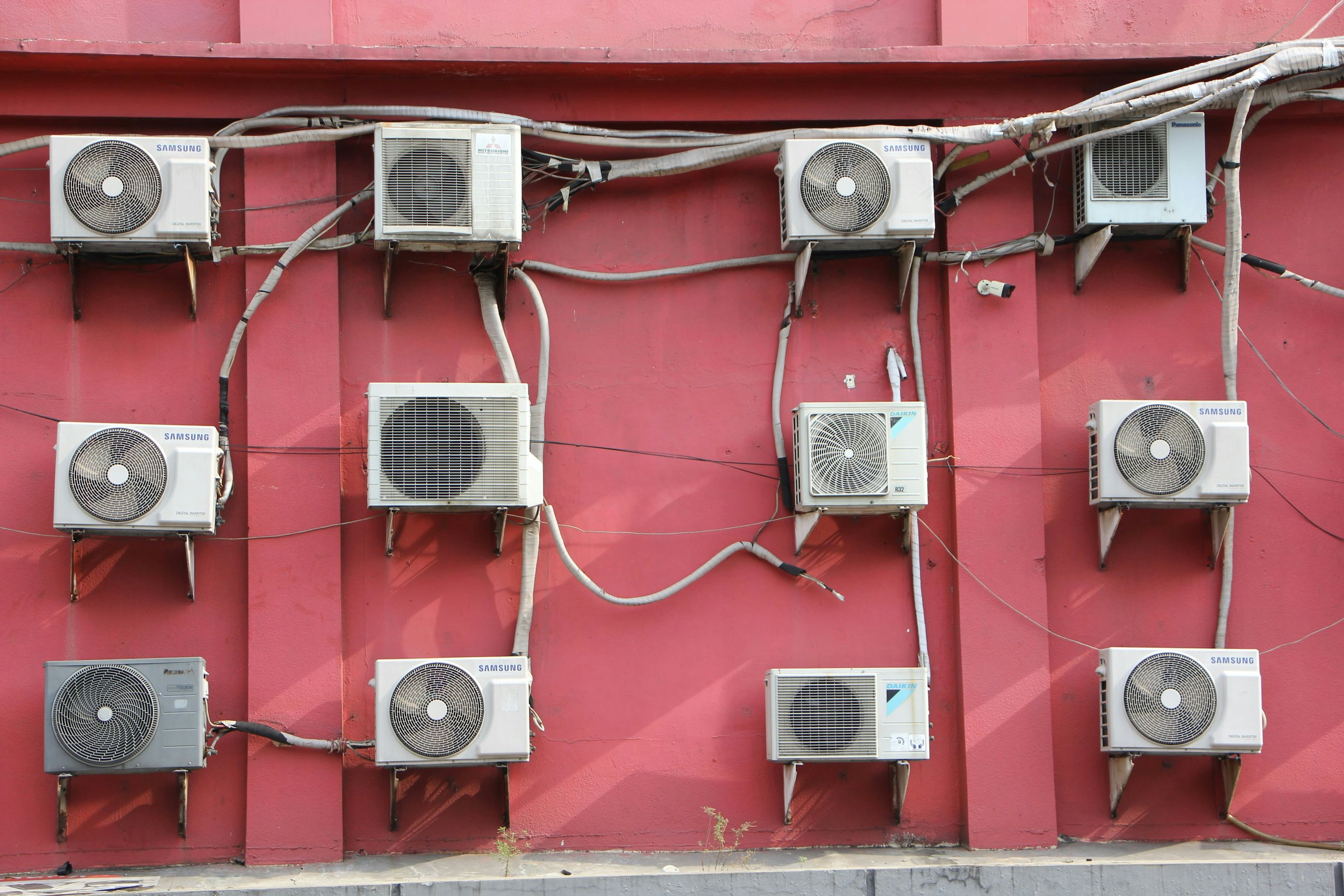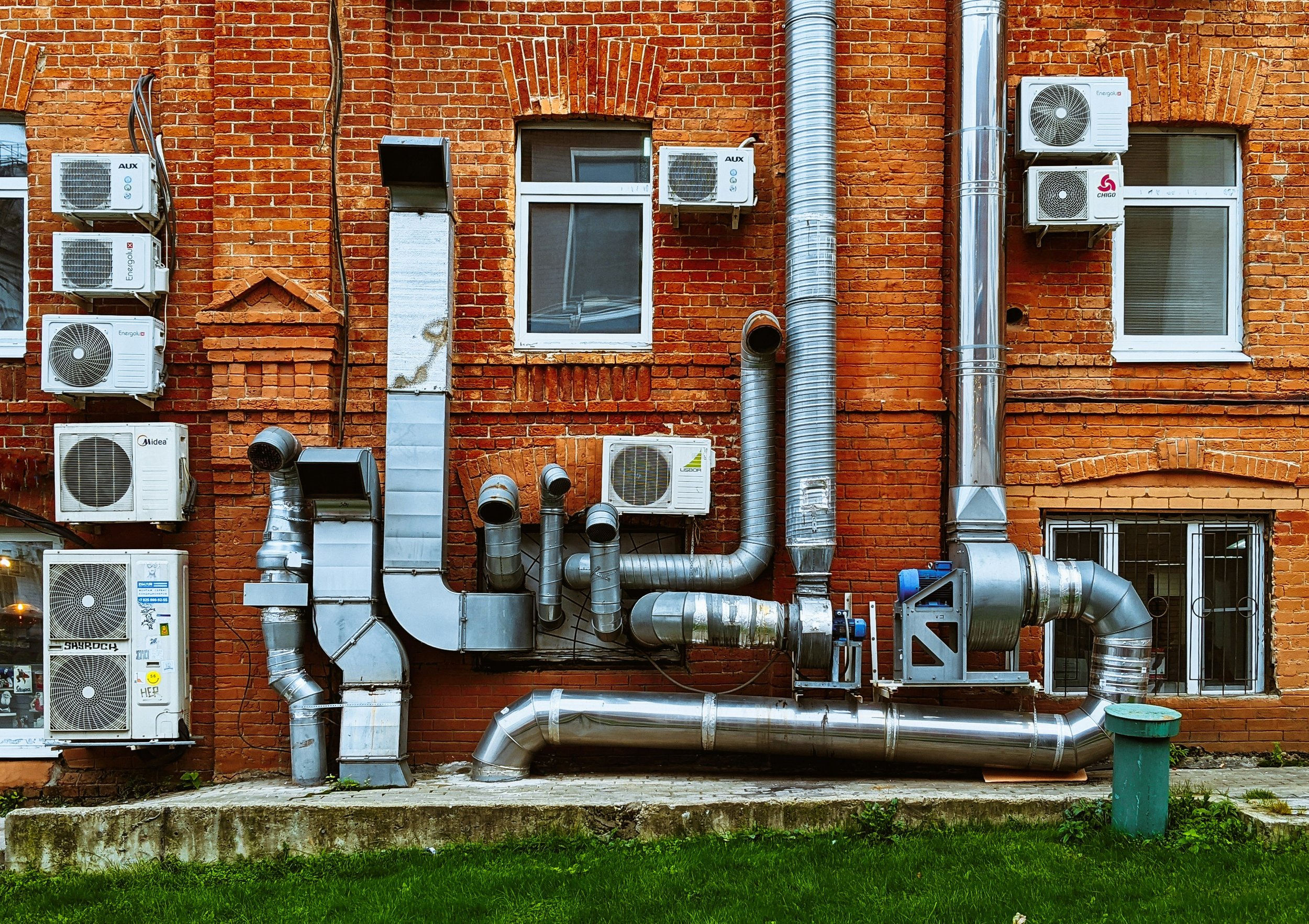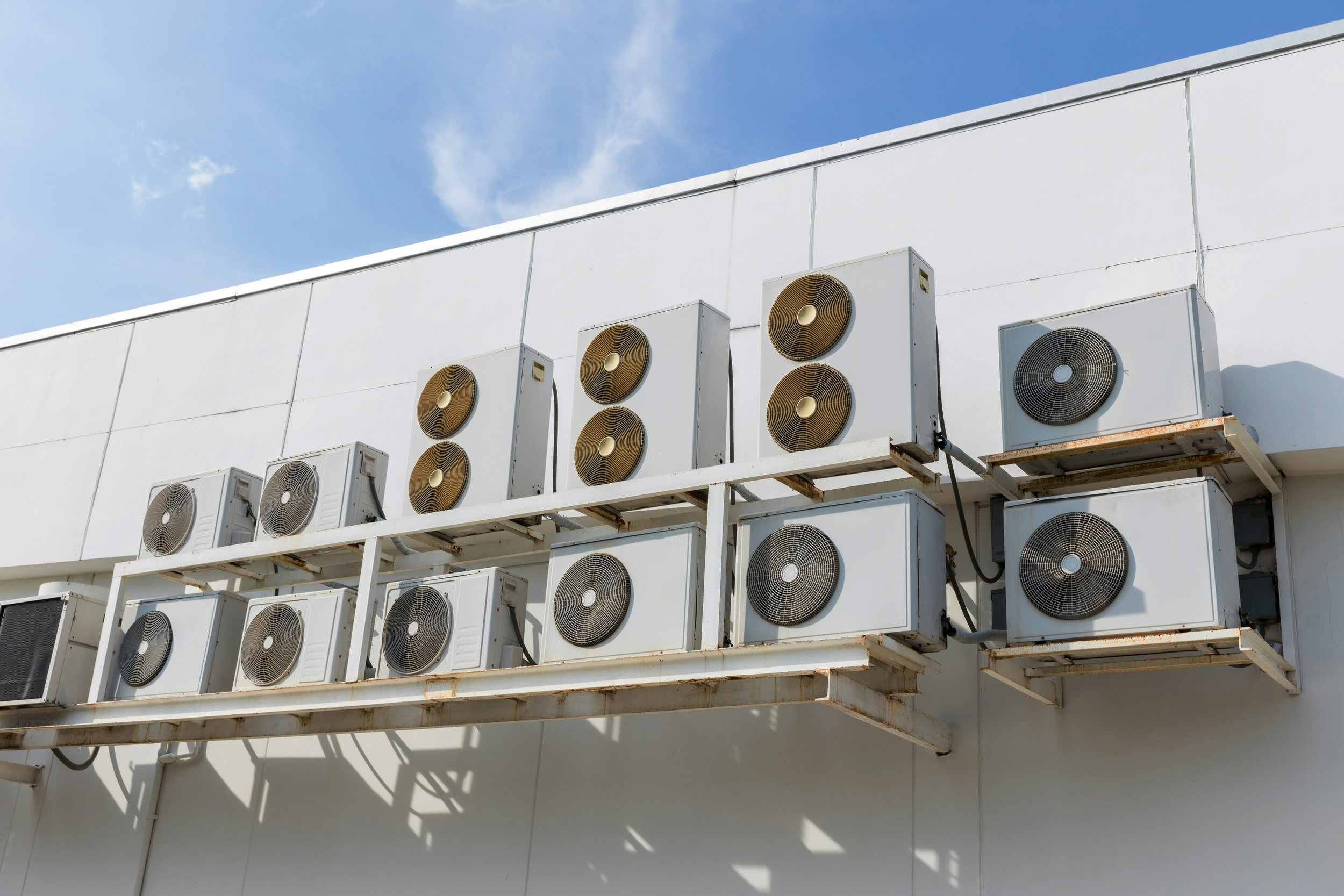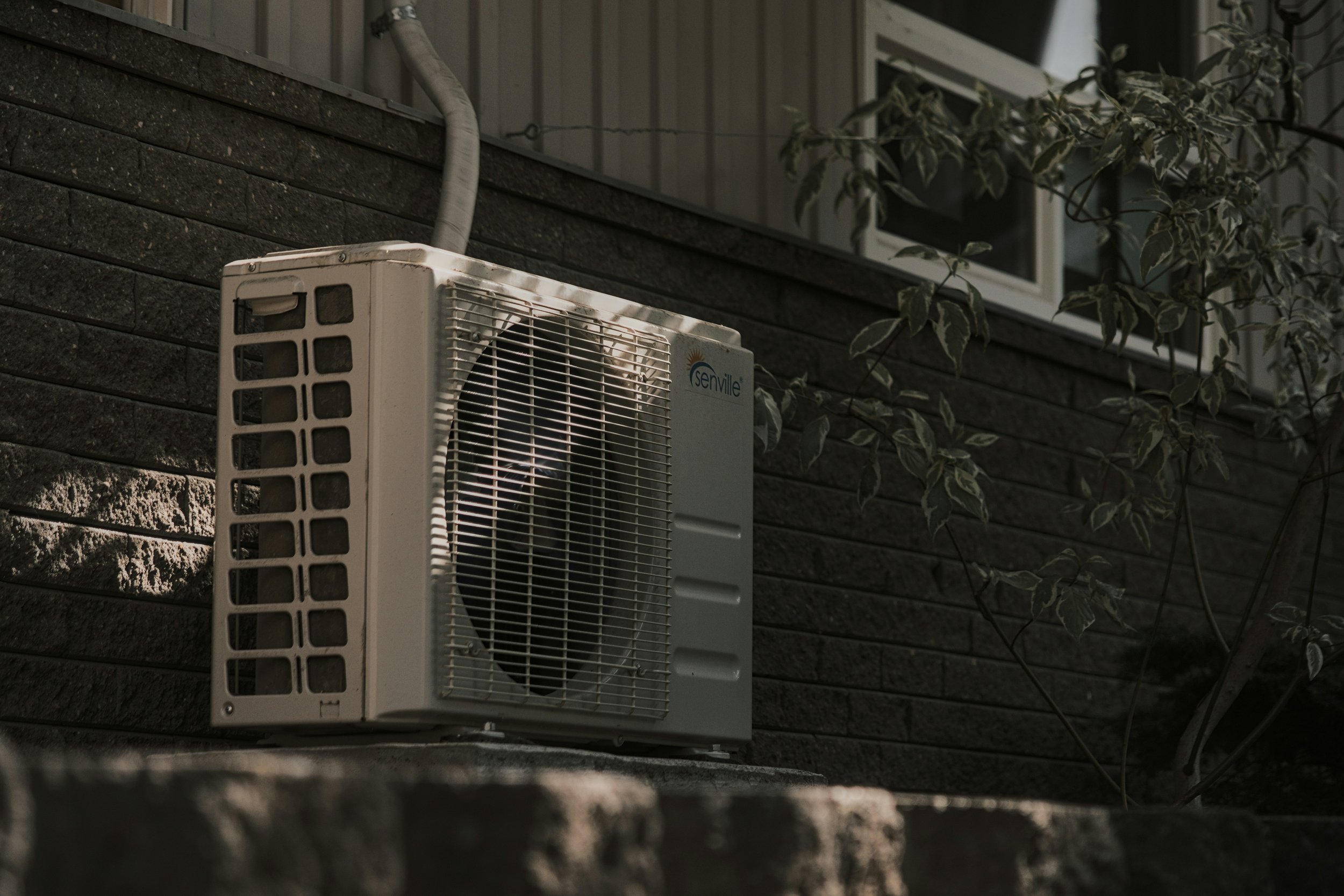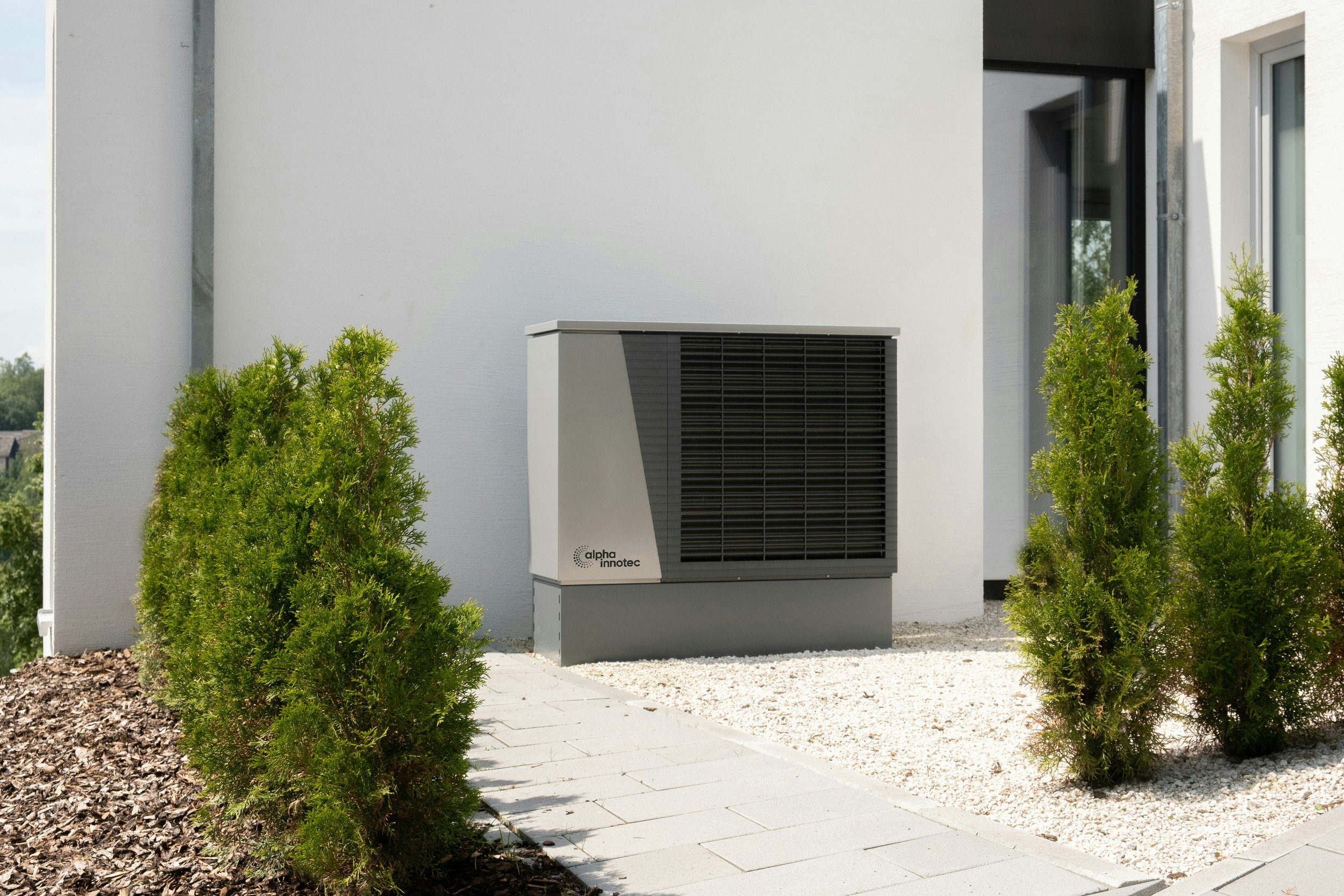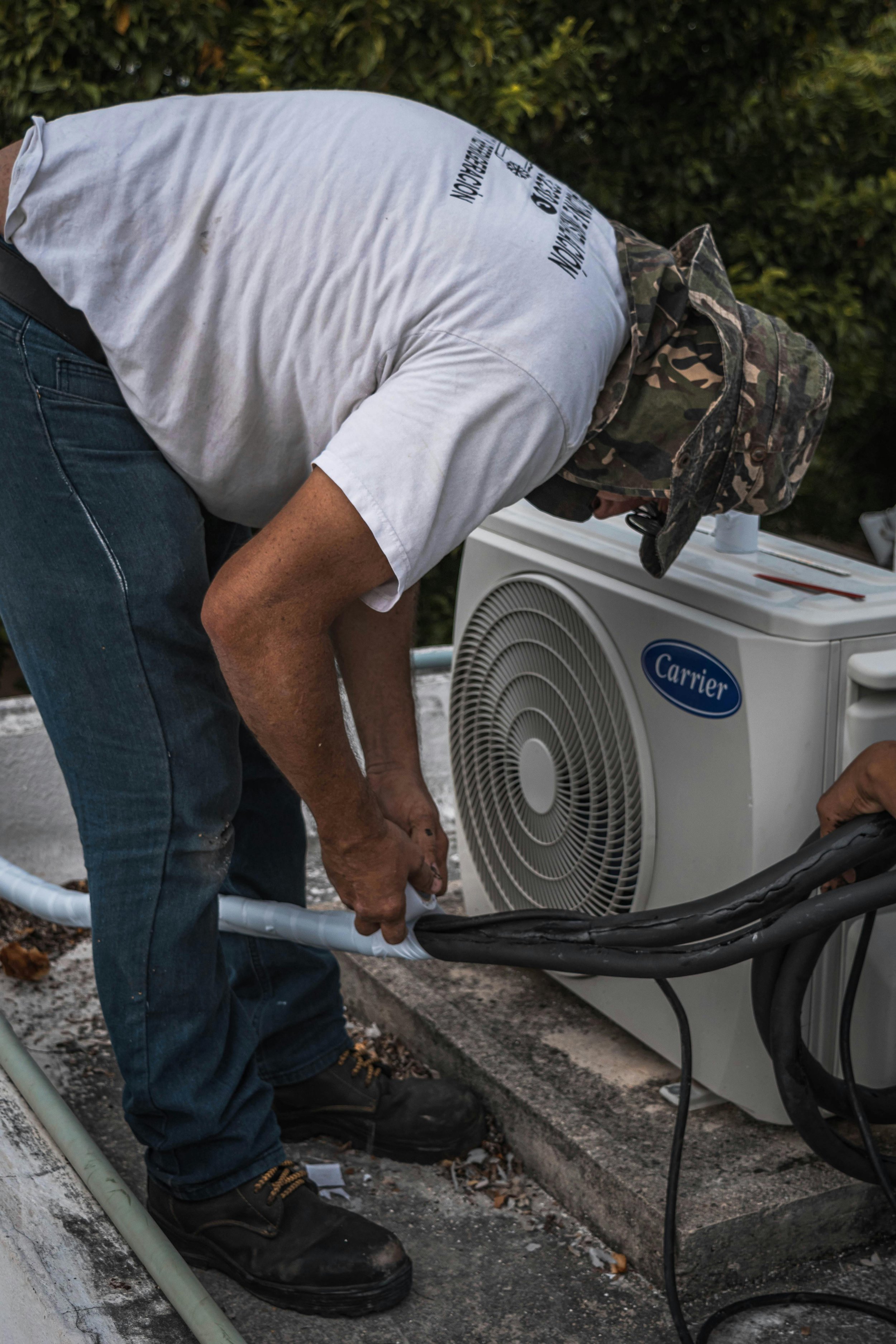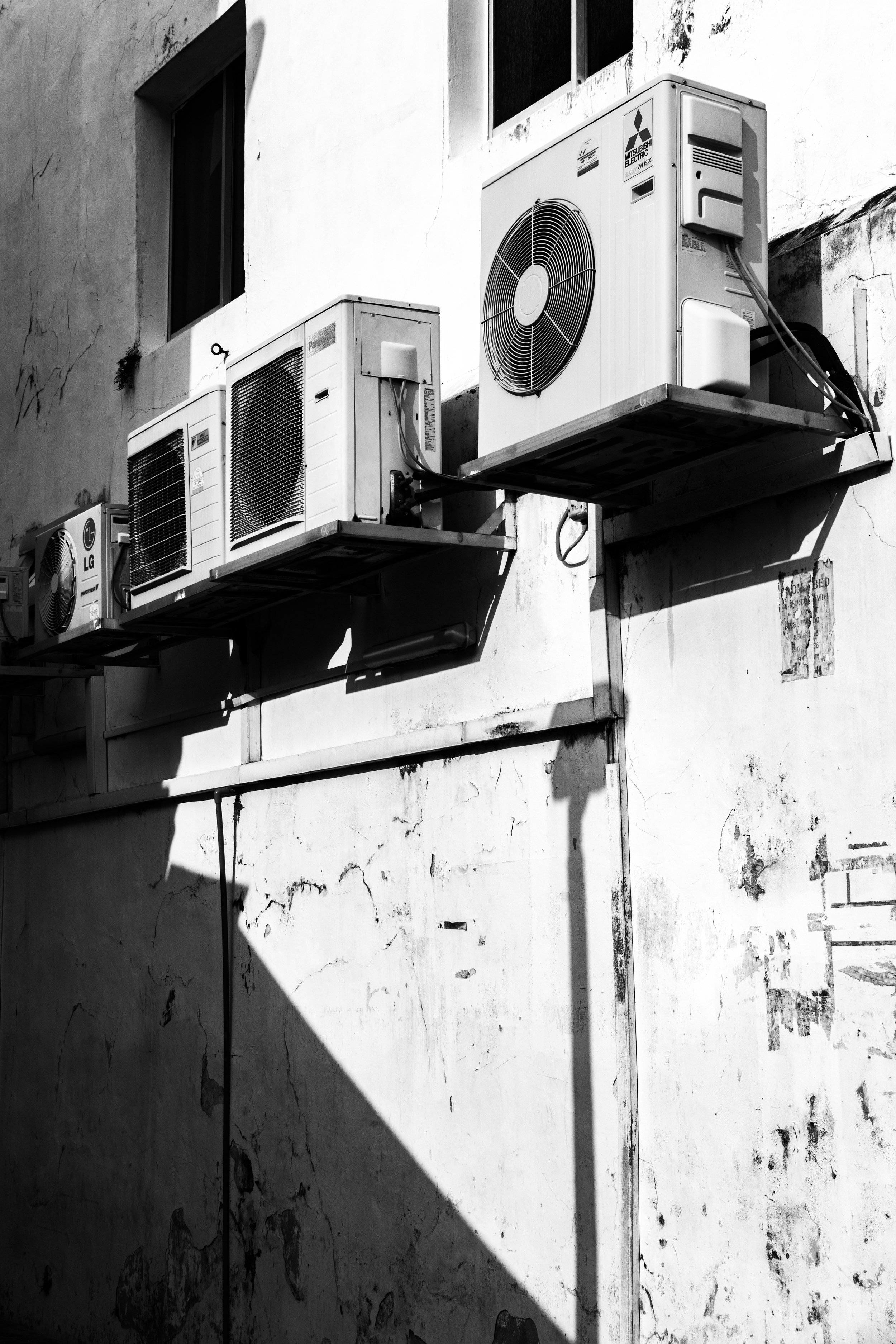Understanding Refrigerant Leak Causes in Air Conditioning Units
Learn the common causes of refrigerant leaks in air conditioning units, their impact on performance, and how to address them effectively.
Have you ever noticed your air conditioner struggling to keep your home cool, or perhaps heard unusual hissing sounds coming from it? These could be signs of a refrigerant leak, a common yet often misunderstood problem in air conditioning units.
Left unchecked, such leaks can lead to higher energy bills, poor cooling performance, and expensive repairs. But what causes refrigerant leaks, and how can you prevent them?
Stick with us as we break down the six most common reasons and how to keep your AC running smoothly. Read on!
Poor Installation Practices
Refrigerant leaks often result from improper installation, making it a leading cause of air conditioning problems. Loose connections, misaligned components, or rushed installations can allow refrigerant to escape, compromising the system's efficiency. Poor installation practices can also cause excessive pressure inside the system, further increasing the risk of leaks and potential damage. These issues typically arise when the job is handled by inexperienced technicians or completed hastily without attention to detail. To ensure your air conditioner operates efficiently and remains trouble-free, always hire a licensed professional for installation. Proper installation not only prevents leaks but also enhances the unit's longevity and performance, saving you from costly repairs and ensuring reliable cooling for years to come.
Regular Wear and Tear
Like any machine, air conditioning units experience wear and tear over time. The constant operation of your system causes parts to weaken, making it more susceptible to leaks.
Seals, joints, and valves are particularly vulnerable to deterioration. Regular maintenance can catch these issues before they become serious. By staying proactive, you can extend the life of your AC and prevent costly emergency air conditioning repair services.
Corrosion of Components
Corrosion is a hidden threat to air conditioning systems, gradually damaging their metal components. Moisture and contaminants in the air interact with the aluminum and copper parts, leading to rust, pitting, and tiny holes where refrigerant can escape. This silent process compromises your AC's efficiency and can lead to costly repairs if left unchecked. Aluminum and copper components are particularly vulnerable due to their reactive nature, making regular maintenance essential. Routine inspections help detect early signs of corrosion, allowing for timely intervention. Simple preventive measures, such as cleaning the unit, ensuring proper ventilation, and keeping it dry, can significantly extend your AC's lifespan and maintain its performance, saving you money and stress in the long run.
Manufacturing Defects
Sometimes, the problem isn't wear and tear but a flaw in the unit itself. Manufacturing defects can result in weak points in the system where leaks are likely to occur. These defects might not be visible immediately and could take months or years to show up.
If your unit's warranty is still valid, the manufacturer may cover repairs or replacements. Be sure to check for recalls or reported issues with your specific model.
High Pressure Inside the System
Excessive pressure is a common culprit behind refrigerant leaks. When the refrigerant levels are too high or the system faces frequent overheating, the pressure builds up. This stresses the components, leading to cracks or breaks.
High pressure can also stem from improper maintenance or overcharging the system with refrigerant. To prevent this, ensure that your AC is serviced by qualified technicians who can monitor and balance the system correctly.
Accidental Damage
External factors often play a significant role in refrigerant leaks, with physical damage being a common culprit. Falling debris, curious pets, or accidental impacts can harm your air conditioning unit's delicate components. Even everyday activities, like mowing the lawn too close to the unit, can result in dents, punctures, or misalignments that lead to refrigerant escape. Protecting your outdoor AC unit is crucial to maintaining its functionality and longevity. Invest in a sturdy cover to shield it from potential damage, and ensure it's installed in a secure, debris-free location. These preventative measures not only safeguard your system but also help you avoid costly repairs, ensuring your unit runs efficiently and reliably for years to come.
Preventing a Refrigerant Leak
Understanding the causes of refrigerant leaks is essential for maintaining your air conditioning unit and preventing expensive repairs. Factors like poor installation, corrosion, physical damage, and excessive system pressure are common culprits that can compromise your AC’s efficiency. By recognizing these risks, you can take proactive steps to address potential issues before they escalate. Scheduling regular maintenance ensures that your unit remains in peak condition, while professional installation minimizes the likelihood of initial errors that could lead to leaks. Additionally, mindful care, such as protecting the outdoor unit and keeping it clean, contributes to its longevity. With proper attention and preventative measures, you can enjoy consistent cooling performance and avoid the hassle and cost of frequent repairs.
Did you like this guide? Great! Browse our website for more!
